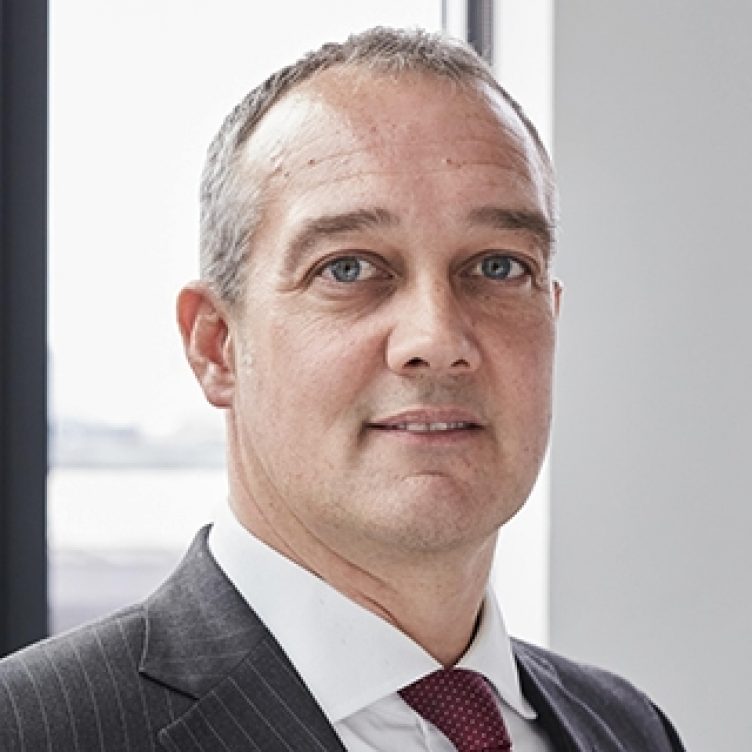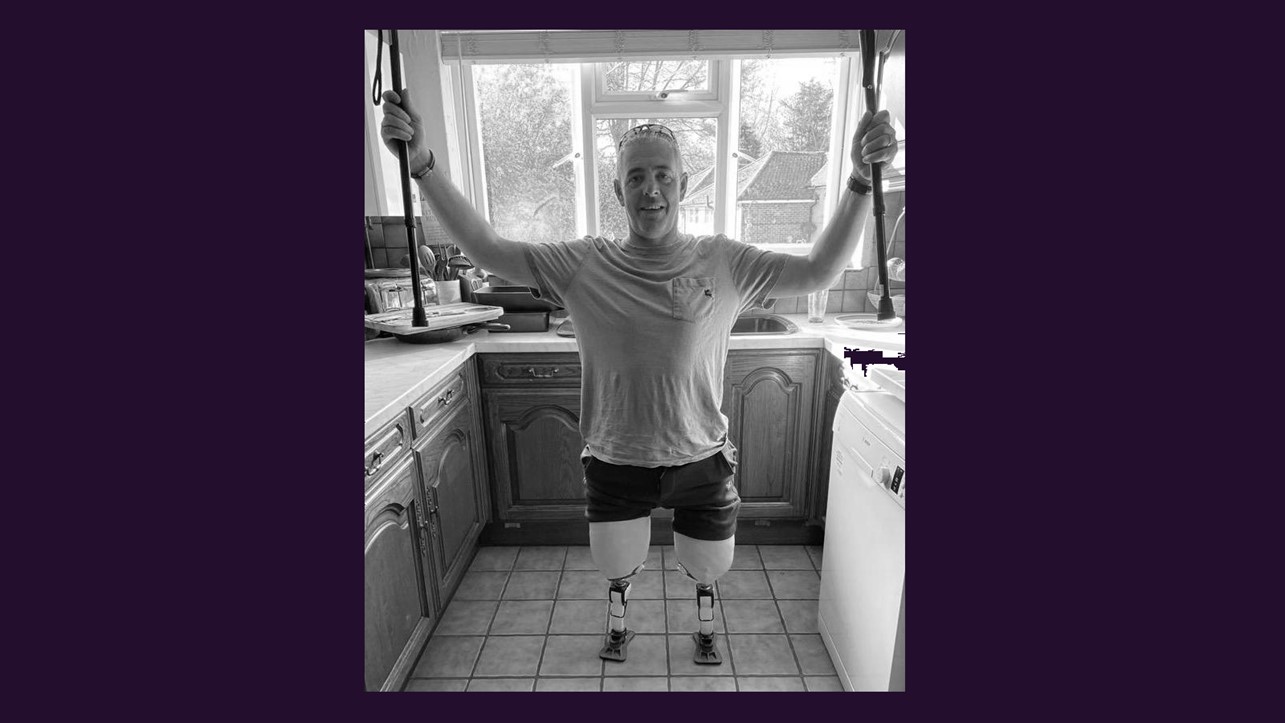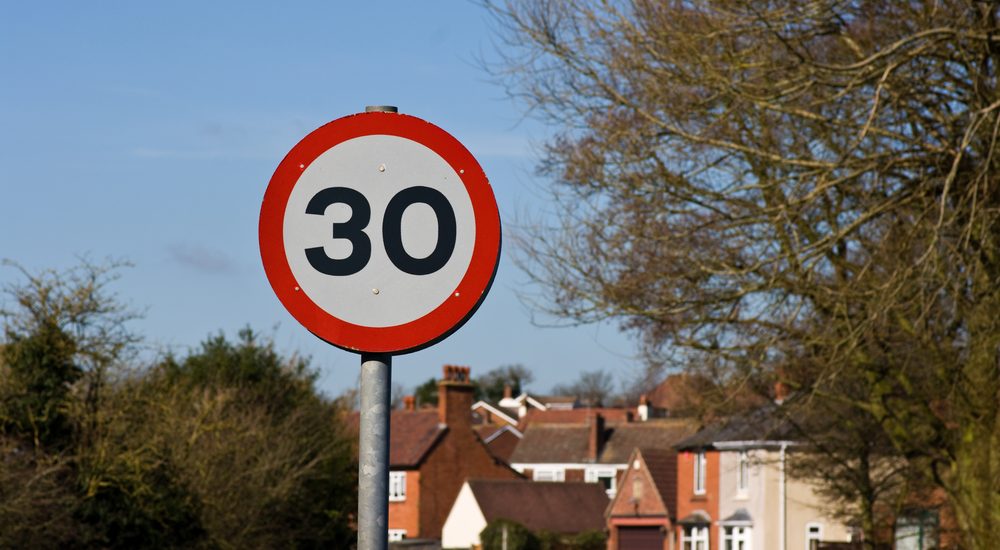Stewarts recently acted for Martin, who sustained a traumatic, life-changing brain injury following a road traffic incident.
In July 2019, Martin was cycling to work near Bridgwater in Somerset when he was knocked off his bike. He was taken by ambulance to the local hospital, and a CT scan revealed serious damage to his skull and brain. Martin was intubated and transferred by air ambulance to a major trauma hospital for emergency surgery. Following his discharge from hospital, Martin lived with his family for a short period before returning to his own home.
As we mark Road Safety Week 2024, Warren Maxwell outlines Martin’s story in this article.
Injuries
Martin sustained a traumatic brain injury, which has significantly impacted several aspects of his life. The injury left him with substantial physical and cognitive problems, including memory problems, inability to concentrate, fatigue, low mood, impaired sleep, impaired sense of smell and taste, impaired vision, tinnitus, headaches and vertigo.
Before the incident, Martin lived a full and busy life. He enjoyed his work, had an active social life and kept fit cycling and weight training. As a result of the incident, he was unable to return to work or his other activities. The ongoing physical, cognitive and emotional changes and challenges also significantly altered Martin’s self-identity.
Rehabilitation
A multi-disciplinary team of private therapists specialising in brain injury was recruited to work with Martin towards his rehabilitation goals. The team was overseen and co-ordinated by case manager Emily Denny.
Martin’s rehabilitation journey has been highly complex due to the impact of the traumatic injury on Martin’s cognitive and physical abilities. Over the course of his rehabilitation Martin had the benefit of input from a privately funded package of care and support from a neurologist, neuro- occupational therapist, neuropsychologist, physiotherapist, neuro-physiotherapist, speech & language therapist, personal trainer and support worker.
With the input of the rehabilitation team and Martin’s perseverance, Martin has returned to some of the activities he previously enjoyed, in particular cycling.
While Martin focused on his rehabilitation, the legal team worked to build his case, mapping out the complexities of his brain injury and its impact on various aspects of Martin’s life to help secure a settlement.
Every year, 30,000 people sustain life-changing serious injuries on UK roads. Martin’s story is one of many, and each person affected by a crash should get access to the best available support and care.
Road Safety Week
Brake (the road safety charity) organises Road Safety Week in November to raise awareness of the devastating toll of road crashes, and celebrate the work of the incredible people who support families after a road death or serious injury.
This year’s focus is looking beyond the statistics and counting the real cost of road crashes. Brake, Stewarts and others are revealing the stories behind the numbers and calling for the very highest standard of care for every road victim. Brake is leading on the development of a Road Victims’ Charter: “We are calling on our new government to provide sustainable funding and parity of care for road victims and their families, whoever they are, wherever they live, and whether or not a crime has occurred,” the charity says.
Brake’s National Road Victim Service is a free, professional service available to those who have sustained injuries on the roads and to their families. Visit Brake’s website for more information.
You can find further information regarding our expertise, experience and team on our Personal Injury and page.
If you require assistance from our team, please contact us.
Subscribe – In order to receive our news straight to your inbox, subscribe here. Our newsletters are sent no more than once a month.






